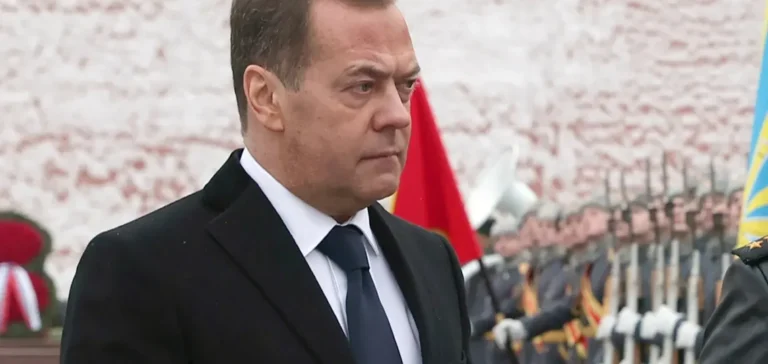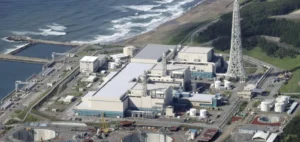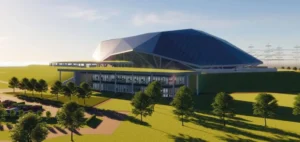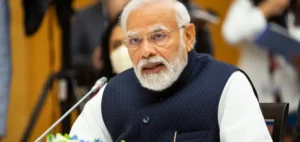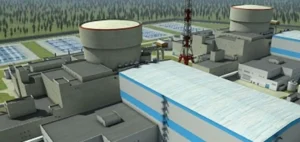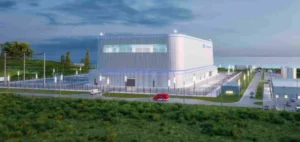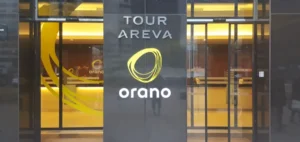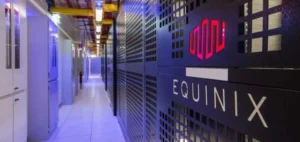Dmitry Medvedev, Vice-Chairman of the Security Council of the Russian Federation and Chairman of the Board of Trustees of the Skolkovo Foundation, stated that the number of countries acquiring nuclear capabilities and generative artificial intelligence (AI) technologies is expected to grow. According to him, this development is driven by the rise in public investments in strategic sectors related to defence and technological innovation.
Speaking at the AI Day event held in Skolkovo, Medvedev emphasised that states are investing heavily in their sovereign technological infrastructures. He noted that several countries not yet widely recognised on the international stage are already working on the development of their own generative AI models, just as some possess nuclear weapons without official recognition.
A state-led strategy in critical sectors
The Russian official referred to the formation of two exclusive groups: nuclear powers and states equipped with advanced artificial intelligence models. He claimed that this dual trend is being fuelled by growing public funding targeted at areas considered vital for national sovereignty and security.
According to his remarks, membership in these groups offers strategic leverage, prompting many governments to increase their investments in these domains. Medvedev stressed that Russia, through initiatives like Skolkovo, aims to maintain its position in this technological and military race.
Strengthening national ambitions
“The number of countries aiming to create their own models will rise, just as the number of nuclear-armed states will increase,” Medvedev said, urging political realism in light of the changing global power balance. He also highlighted the advantages for countries that gain access to these strategic technologies.
No specific countries were mentioned in terms of who may join these ranks, but the Vice-Chairman’s statements reflect a clear intention to pursue strategic positioning through public investment in both military infrastructure and digital innovation.


